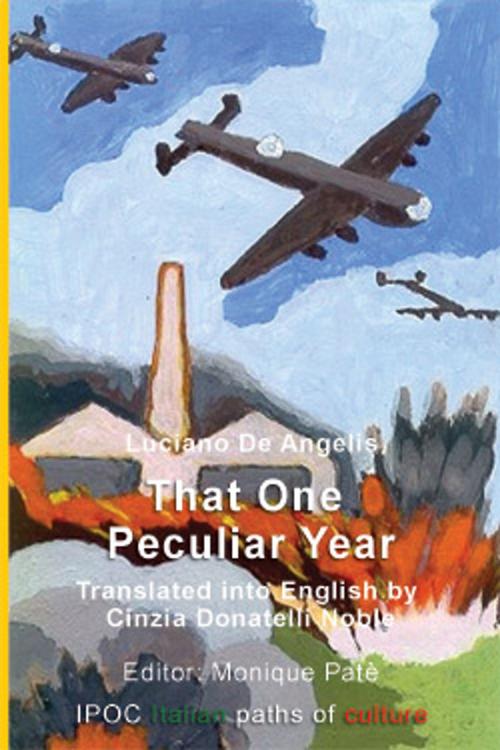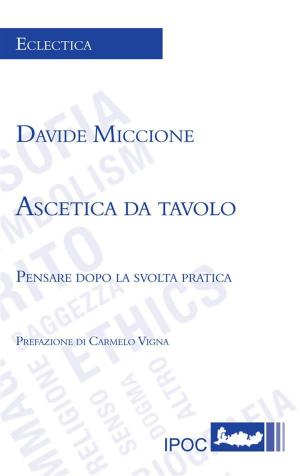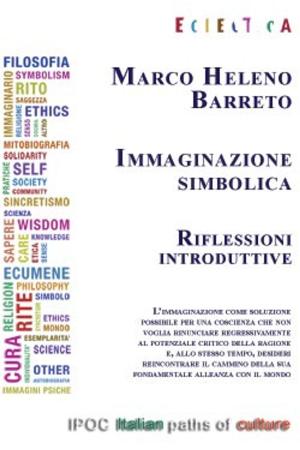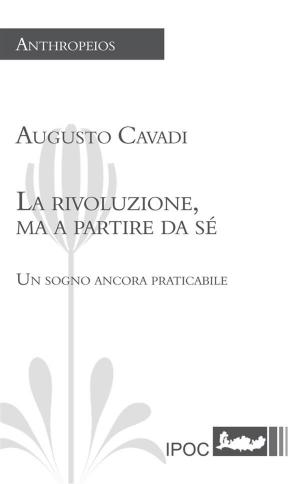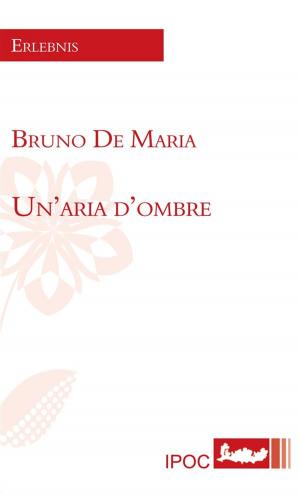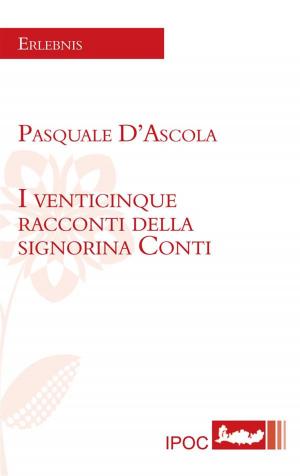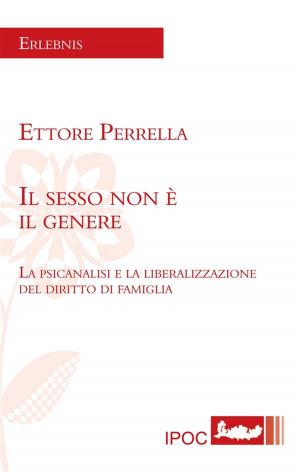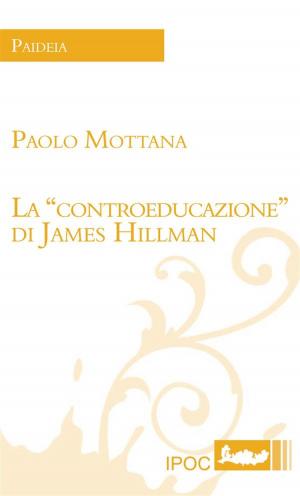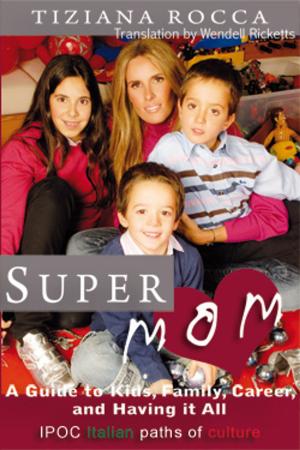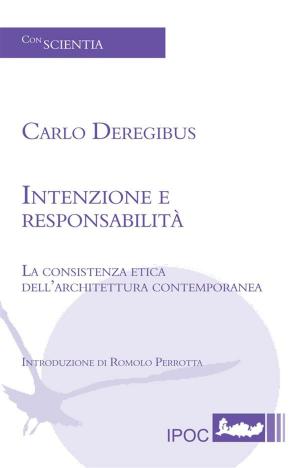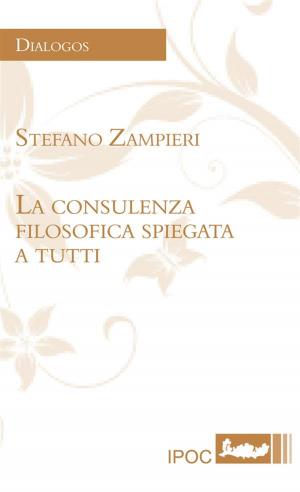That One Peculiar Year
Nonfiction, History, Military, World War II, Biography & Memoir, Historical, Fiction & Literature| Author: | Luciano de Angelis | ISBN: | 9788895145549 |
| Publisher: | IPOC Italian Path of Culture | Publication: | October 1, 2011 |
| Imprint: | Language: | English |
| Author: | Luciano de Angelis |
| ISBN: | 9788895145549 |
| Publisher: | IPOC Italian Path of Culture |
| Publication: | October 1, 2011 |
| Imprint: | |
| Language: | English |
“What is relevant in the book and gives vivacity to the narration is the style of the expression, with a flowing narration, from which characters and events take shape with a great realism. The style is swift and effective, and the characters stand out as if they were alive, evoked by an extraordinary emotional charge. The principle inspiring this work may echo after Paul Ricoeur who, in Time and Narrative, states: «Life is a tale, not a theorem». Readers can emotionally relate to this novel because the facts narrated are naturally occurring events, seen and depicted with a child’s perspective, a child who, as an adult, remembers those events with the same emotions felt in youth. The most important merit of Luciano De Angelis’ book lies specifically in this similarity between time and memory, in a narration that is both linear and graphic”. Ermanno Circeo, Italian Literature Professor and literary critic.
“What is relevant in the book and gives vivacity to the narration is the style of the expression, with a flowing narration, from which characters and events take shape with a great realism. The style is swift and effective, and the characters stand out as if they were alive, evoked by an extraordinary emotional charge. The principle inspiring this work may echo after Paul Ricoeur who, in Time and Narrative, states: «Life is a tale, not a theorem». Readers can emotionally relate to this novel because the facts narrated are naturally occurring events, seen and depicted with a child’s perspective, a child who, as an adult, remembers those events with the same emotions felt in youth. The most important merit of Luciano De Angelis’ book lies specifically in this similarity between time and memory, in a narration that is both linear and graphic”. Ermanno Circeo, Italian Literature Professor and literary critic.
